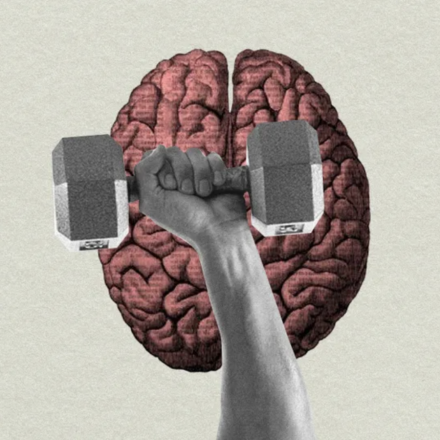Diabetes isn’t just a medical term you hear in drug commercials; it’s a serious condition that can affect your quality of life and health. But how can you tell if you might have diabetes if you’re just starting to notice some unusual symptoms? Here are some early signs to watch out for.
Frequent Urination
If you find yourself running to the bathroom often, especially at night, it could be one of the first signs of diabetes. When your blood sugar is high, your kidneys work harder to flush out excess glucose, leading to frequent trips to the bathroom.
Constant Thirst
Have you noticed that you’re always thirsty, no matter how much water you drink? This could be a sign that your body is trying to compensate for the loss of fluids caused by frequent urination.
Unexplained Weight Changes
Sudden weight loss or gain without any obvious reason can be another red flag. With diabetes, unstable blood sugar levels can affect your appetite and metabolism.
Persistent Fatigue
Feeling tired all the time, even after adequate rest and sleep, can be linked to diabetes. High blood sugar levels make it difficult for your body to effectively use glucose for energy.
Slow Healing Wounds and Infections
If small cuts and scrapes take longer to heal than they used to, it could also be a sign of diabetes. High blood sugar levels can slow down the healing process and make you more prone to infections.
Blurred Vision
If you find that your vision is becoming blurry or you’re having trouble focusing, it could be related to changes in blood sugar levels affecting your eye lenses.
Mood Swings and Irritability
Emotional swings, irritability, and difficulty concentrating can be linked to fluctuating blood sugar levels. Diabetes can impact your ability to handle stress and mood changes.
Numbness and Tingling in Extremities
If you experience tingling or numbness in your hands and feet, it might be a sign of diabetic neuropathy — nerve damage caused by high blood sugar levels.
If you notice one or more of these symptoms, it’s important to consult with a healthcare provider for testing and advice. Early diagnosis and lifestyle adjustments can significantly improve your quality of life and prevent serious complications. Remember, taking care of your health is not just about preventing illness; it’s an investment in long-term well-being.


















